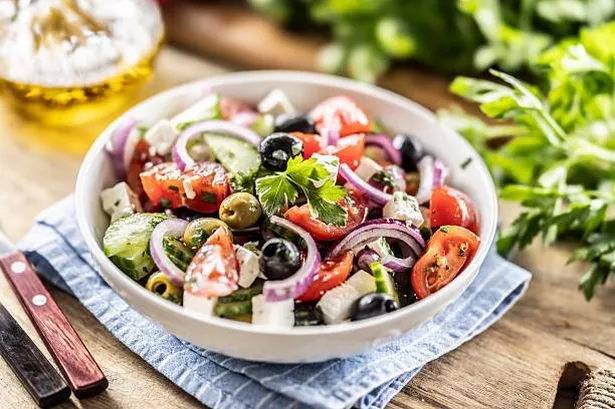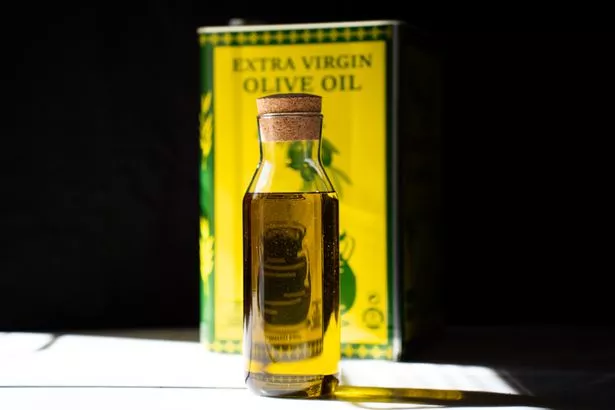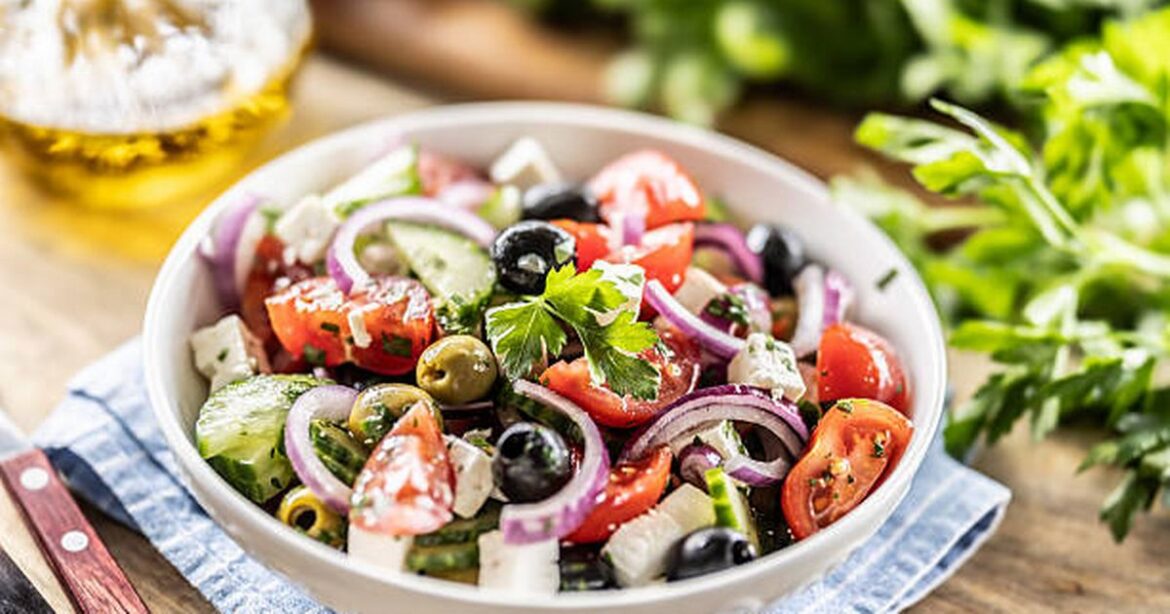One everyday staple is good for your heart and can also “help you to look younger and live longer”, it’s full of antioxidants and health benefits. One super health food item is linked to longer life
One super health food item is linked to longer life
As we get older, it becomes increasingly crucial to consume foods packed with nutrients – alongside boosting physical wellbeing, certain items we consume can actually help us appear more youthful. Opting for healthy fats, foods bursting with antioxidants, plus leaner proteins can all impact our skin positively.
A vital component for a nourishing diet is olive oil, which is already a staple in the renowned Mediterranean diet. It benefits heart health whilst also leaving your skin with a radiant glow.
Some of the nutrients we consume essentially appear on the skin following digestion – and vitamins plus omega-3 fatty acids can help fortify the skin’s protective barrier. Healthline described the kitchen cupboard essential as “one of the healthiest oils on earth”.
Comprehensive studies have examined the health advantages of olive oil – and it might even extend your lifespan, research suggests.
Healthline reported: “Extra virgin olive oil is one of the healthiest oils on Earth. It’s rich in healthy fats and antioxidants that help reduce inflammation and oxidative damage caused by an imbalance of free radicals in the body. A diet rich in olive oil has been linked to a lower risk of chronic diseases, including heart disease, type 2 diabetes, metabolic syndrome and certain types of cancer.”
 Extra virgin olive oil is good for our health(Image: Nikos Pekiaridis/NurPhoto via Getty Images)
Extra virgin olive oil is good for our health(Image: Nikos Pekiaridis/NurPhoto via Getty Images)
Consuming olive oil has been demonstrated to reduce cardiovascular disease risk, adding heart health advantages to olive oil in the diet.
Having a half tablespoon of olive oil daily resulted in a 14% reduced risk for heart disease, discovered a 2020 study published in the Journal of the American College of Cardiology.
The study published in the Journal of the American College of Cardiology had analysed the diets of around 90,000 people over a span of 28 years.
The research found that those who consumed the most olive oil had a 19% lower risk of dying from cardiovascular causes compared with participants who ate the least amount of olive oil.
The study concluded: “Higher olive oil intake was associated with lower risk of total and cause-specific mortality. Replacing margarine, butter, mayonnaise, and dairy fat with olive oil was associated with lower risk of mortality.”
Their research also stated: “Olive oil has been traditionally used as the main culinary and dressing fat in Mediterranean countries and is a key component of the Mediterranean diet. Well-known for its health benefits, it has become more popular worldwide in recent decades.
“Olive oil is high in monounsaturated fatty acids, especially oleic acid, and other minor components including vitamin E and polyphenols, contributing to its anti-inflammatory and antioxidant properties.
“Olive oil consumption has been shown to lower cardiovascular disease risk, but its associations with total and cause-specific mortality are unclear.
The British Heart Foundation (BHF) said this study had a “major advantage” due to the large number of people taking part over a long period. However, they also added that the participants “were all nurses and other health professionals in the United States, so their lifestyles might not be representative of the population as a whole”.
Olive oil’s positive effects on the skin have also been studied, and it turns out that what you eat can either help or hinder your skin’s barrier. Thanks to its high content of omega-3, omega-6 and omega-9 fatty acids, tucking into olive oil can moisturise the skin and strengthen its barrier.
Essential fatty acids and antioxidants not only boost skin health but are also beneficial for heart health. Other food sources rich in omega-3, omega-6 and omega-9 include hemp oil, oily fish, flaxseeds and walnuts.


Dining and Cooking